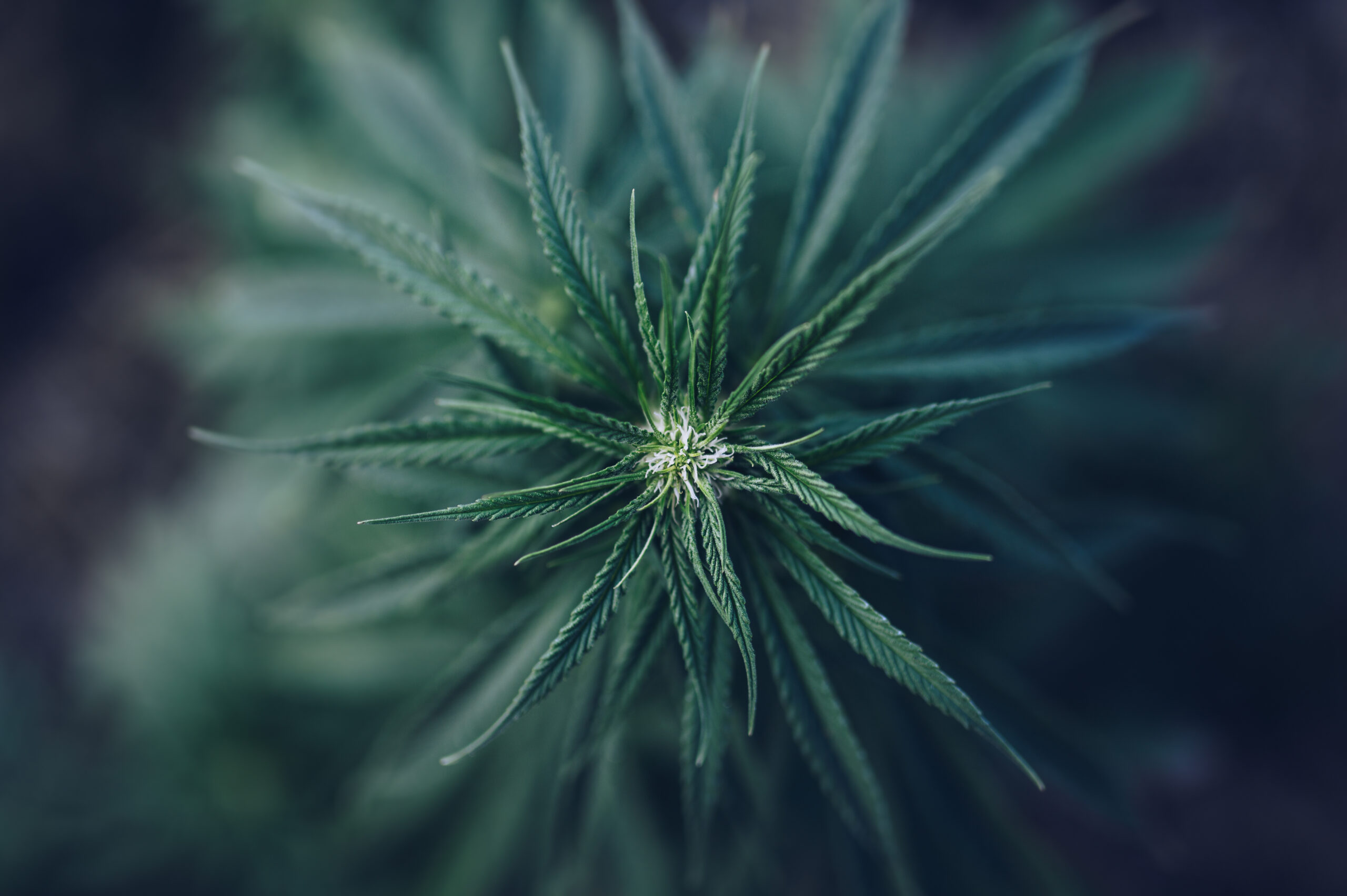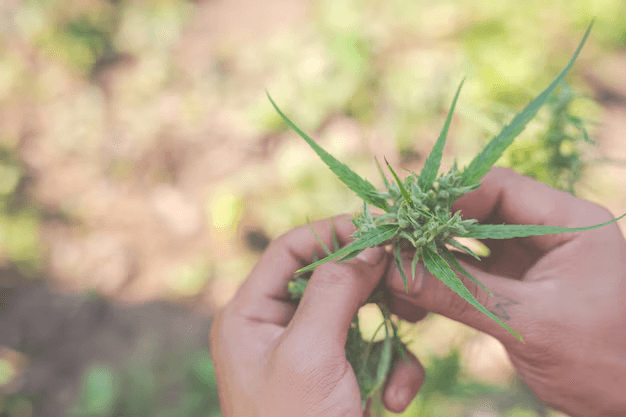Medical Cannabis for Chronic Pain: What Science Says
Chronic pain is a serious and widespread condition that affects millions of people worldwide. Traditional pain management often relies on opioids and prescription medications, which can lead to dependency, severe side effects, and reduced quality of life. However, emerging research shows that medical cannabis is a safer and effective alternative.
A study published in the National Library of Medicine (PMC6397040) found that cannabis can significantly reduce chronic pain severity while improving sleep and overall well-being. Patients using CBD and THC-based treatments experienced fewer side effects compared to traditional medications, making cannabis an attractive option for long-term pain relief.
At Hill Family Cannabis, we are dedicated to helping patients in Texas access medical cannabis legally and safely. In this article, we’ll explore the key findings from the study and how cannabis can help those suffering from chronic pain, arthritis, neuropathy, and other debilitating conditions.
What the Study Revealed About Medical Cannabis and Pain Relief
The research focused on how cannabis affects chronic pain patients, analyzing various factors such as:
✔ Pain reduction
✔ Opioid use reduction
✔ Improved sleep quality
✔ Minimal side effects compared to traditional medication
The findings were promising, with many participants reporting a significant drop in pain levels. Additionally, cannabis helped reduce opioid dependency, which is crucial considering the opioid crisis in the U.S.
1. Cannabis Significantly Lowers Pain Levels
Chronic pain conditions such as arthritis, fibromyalgia, and neuropathy often require strong painkillers. Unfortunately, opioids and NSAIDs can lead to addiction, stomach ulcers, and organ damage. The study found that cannabis provided significant pain relief, allowing patients to reduce or eliminate the need for traditional pain medications.
2. Cannabis Helps Reduce Opioid Dependence
One of the most critical findings of the study was that patients using cannabis required fewer opioids. This is a game changer for chronic pain sufferers who fear opioid addiction but still need effective pain management. By incorporating medical cannabis, many patients were able to lower their opioid dosage or discontinue it completely.
3. Cannabis Improves Sleep Quality
Chronic pain often leads to insomnia and poor sleep, which further worsens health conditions. The study revealed that medical marijuana helped patients fall asleep faster and stay asleep longer. CBD and THC work together to promote relaxation, reduce pain, and improve sleep cycles.
4. Minimal Side Effects Compared to Traditional Medications
Another major benefit found in the study was that cannabis had fewer side effects compared to opioids and NSAIDs. While some patients experienced mild effects like dry mouth or drowsiness, the overall safety profile of cannabis was significantly better than traditional painkillers.
How Medical Cannabis Works for Chronic Pain
Medical cannabis contains compounds called cannabinoids, primarily THC (tetrahydrocannabinol) and CBD (cannabidiol), which interact with the body’s endocannabinoid system (ECS).
✔ THC – Activates cannabinoid receptors in the brain, providing pain relief and relaxation.
✔ CBD – Reduces inflammation and nerve pain without causing psychoactive effects.
The study highlights that the right balance of THC and CBD can offer optimal pain relief while minimizing side effects.
Best Cannabis Strains for Chronic Pain
Different cannabis strains provide different effects. Some of the most effective cannabis strains for pain relief include:
🔹 ACDC (High CBD, Low THC) – Ideal for inflammation and neuropathy
🔹 Harlequin (Balanced THC & CBD) – Relieves pain while keeping you alert
🔹 Northern Lights (High THC) – Strong pain relief and relaxation
🔹 Blue Dream (Moderate THC & CBD) – Eases muscle pain and tension
Each patient reacts differently to cannabis strains, which is why it’s important to consult with a medical professional before choosing a treatment plan.
Who Can Benefit from Medical Cannabis?
Based on the study’s findings, medical cannabis can benefit patients suffering from:
✅ Chronic pain from arthritis and fibromyalgia
✅ Neuropathy and nerve damage
✅ Back pain and spinal injuries
✅ Post-surgery pain relief
✅ Cancer-related pain and chemotherapy side effects
✅ Multiple Sclerosis and muscle spasticity
If you suffer from any of these conditions, Hill Family Cannabis can help you explore safe, legal cannabis treatments in Texas.
Is Medical Marijuana Legal in Texas?
Texas has strict cannabis laws, but patients can legally access low-THC medical marijuana through the Compassionate Use Program (CUP). To qualify, you must have a state-approved condition such as:
✔ Epilepsy and Seizure Disorders
✔ Multiple Sclerosis (MS)
✔ Parkinson’s Disease
✔ PTSD
✔ Spasticity and Neuropathy
At Hill Family Cannabis, we specialize in helping Texas patients get medical cannabis prescriptions legally.
How Hill Family Cannabis Can Help You Get Medical Marijuana in Texas
Getting a medical marijuana prescription in Texas is easy with Hill Family Cannabis. Our team helps patients through every step of the process, including:
📍 Virtual Consultations – Get evaluated online from the comfort of your home.
📍 Doctor Approval – We connect you with licensed cannabis doctors.
📍 Prescription Assistance – We guide you on how to legally access low-THC cannabis.
📍 Product Recommendations – Get the right cannabis treatment based on your condition.
Even if you live outside major Texas cities, you can still access legal medical cannabis through state-approved dispensaries.
Start Your Journey to Pain Relief with Hill Family Cannabis
If you are struggling with chronic pain, PTSD, or other qualifying conditions, medical cannabis could be the solution you need. The latest research proves that cannabis is a powerful alternative to opioids, offering safer, long-term pain relief.
📞 Schedule a consultation with Hill Family Cannabis today!
Let us help you find the right cannabis treatment and start your journey to a pain-free life.
📖 Source: National Library of Medicine






